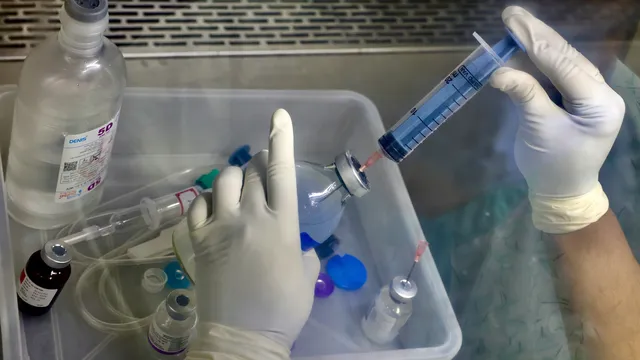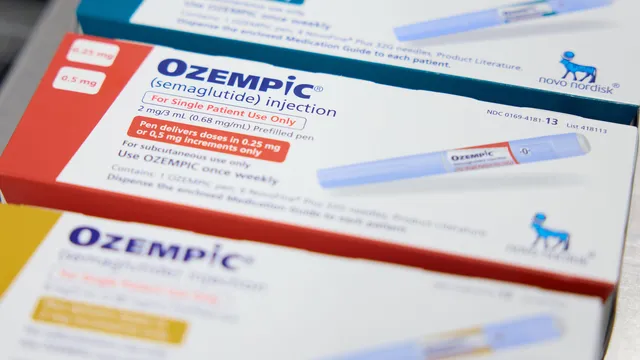Up to 5,000 men a year in the UK could avoid unnecessary prostate cancer treatment if outdated medical guidance were updated in line with the latest scientific evidence, the charity Prostate Cancer UK warned, The Times reported. According to the charity, overtreatment with surgery or radiotherapy often leads to serious side effects, including erectile dysfunction and incontinence.
For slow-growing cancer detected at an early stage, patients are usually directed to so-called active surveillance — regular monitoring with blood tests and scans, without immediate treatment. Around 6,500 men a year in the UK choose this approach to avoid the side effects of therapies.
But Prostate Cancer UK says the implementation of active surveillance in the NHS is chaotic, because guidance from the National Institute for Health and Care Excellence (NICE) has not been updated since 2021. The organisation’s analysis shows that nearly a quarter of hospitals adhere only to the outdated recommendations, while 35 hospitals have developed their own, creating inconsistencies and confusion.
“To reduce the harms of prostate cancer and to lay the foundations for a national screening programme, we must save lives and prevent unnecessary treatment. But official guidance still does not reflect medical progress,” said Amy Rylance, Assistant Director for Health Improvement at Prostate Cancer UK. She emphasised that the outdated recommendations are also one reason the UK does not have routine screening for the most common cancer among men.
Professor Vincent Gnanapragasam of the University of Cambridge described active surveillance as “the best therapeutic option” for patients whose disease will not progress or cause problems in their lifetime. He said, however, that outdated guidance has created a “dangerous Wild West” in the application of this strategy, undermining patient confidence and leading to unnecessary therapies with harmful consequences.
The UK National Screening Committee is currently reviewing whether to introduce a national prostate cancer screening programme. |BGNES

 Breaking news
Breaking news
 Europe
Europe
 Bulgaria
Bulgaria







